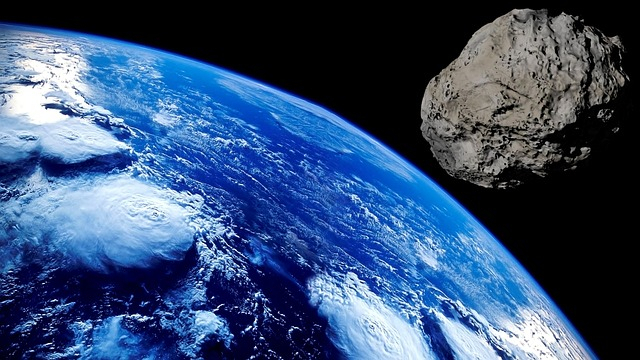
It was in 2013 that the Herschel Space Observatory found an asteroid named Apophis in the solar system. Initial analysis of the asteroid revealed that the space body may hit the earth in 2029. However, further studies using refined information suggested that the asteroid will not hit the earth, but it will pass a very close distance from the blue planet.
As per experts, the asteroid will make its close approach as close as 19,000 miles from Earth. Even though this distance seems too large, it is quite small in space terms and interestingly, this space body will be coming closer to the earth than some satellites in the orbit. As this close flyby is just a decade away, space scientists have already started preparing for witnessing this space phenomenon and they believe that this will give a rare opportunity for science to learn more about asteroids, which will in turn help to unlock secrets of the universe.
Experts at NASA reveals that this asteroid will make its closest approach on April 13, 2029 and for spectators on the earth, it will look like a streak of fire moving across the sky brighter and faster as time passes by. It should be noted that at one point in time, this asteroid will attain a size larger than the full moon, as watched from the earth.
"The excitement is that an object this large comes this close about once per thousand years, so it's all about, What's the opportunity?" said Richard Binzel, a planetary scientist at MIT, said yesterday (April 30) during the International Academy of Aeronautics' Planetary Defense Conference, Space.com reports.
Richard Binzel also revealed that about two billion people on the earth could witness the rare sky sighting with their naked eyes.
Experts believe that Apophis is an asteroid which is 340-meters wide, and a probable collision with this rogue space body could trigger devastation on the planet. Even though Apophis will not hit the earth in 2029, space scientists are still not sure whether this space body will make future impacts as it passes near earth in the upcoming decades.









